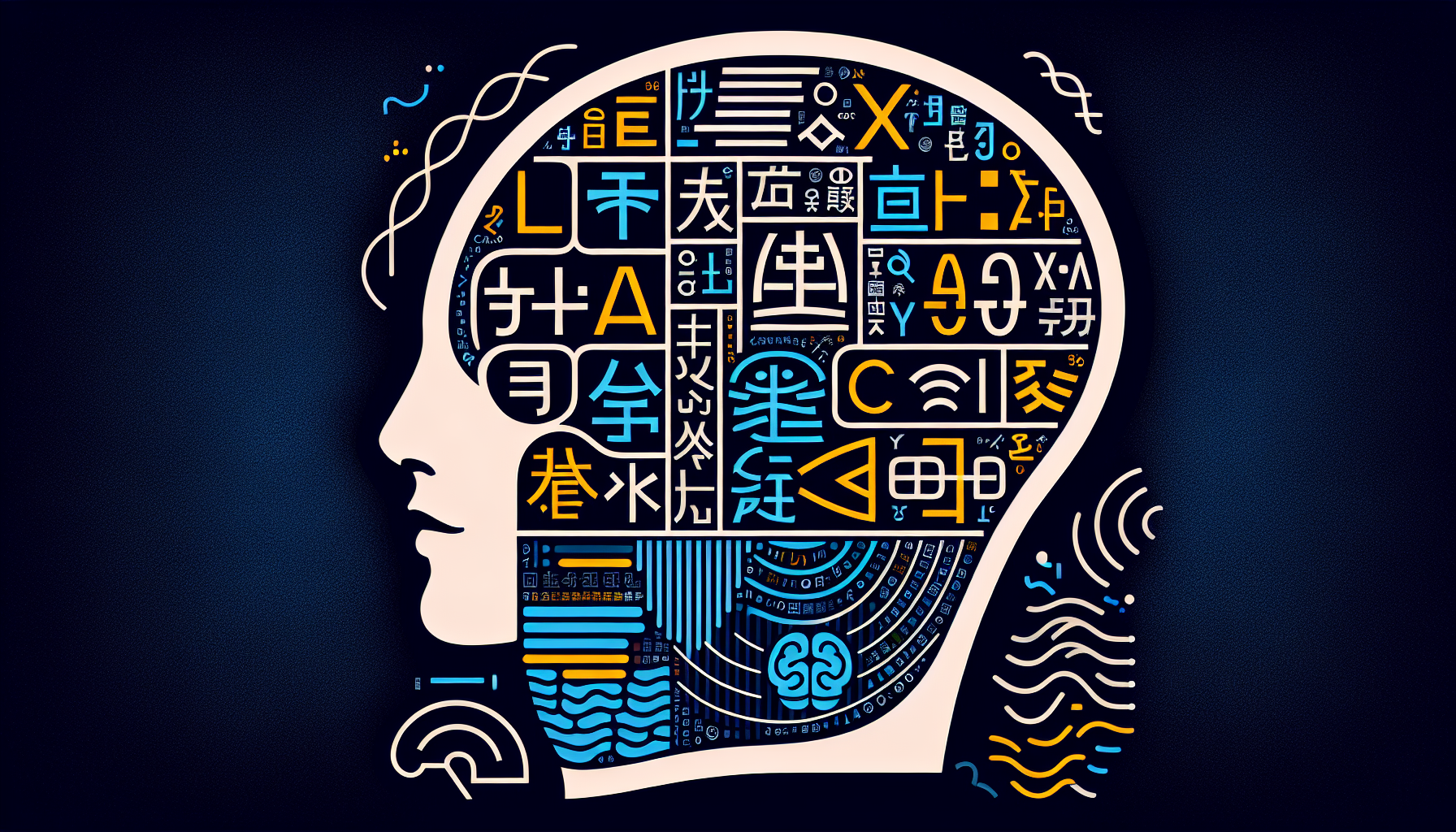In an increasingly globalized world, the ability to speak more than one language is not only a social asset but also a cognitive boon. The practice of bilingualism, the fluent command of two languages, has been linked to a variety of cognitive benefits ranging from enhanced executive functions to delayed onset of dementia. This article delves into the science behind how knowing and using multiple languages can positively impact brain health and function.
The Brain on Bilingualism
The human brain is remarkably adaptable, capable of forming new neural connections throughout life in response to learning and experience—a phenomenon known as neuroplasticity. Bilingualism is an excellent example of how the brain’s architecture can be influenced by the complex task of juggling multiple linguistic systems.
One of the most notable areas where bilinguals have an advantage is in executive functions—these include tasks such as problem-solving, multitasking, and focusing attention while filtering out irrelevant information. Bilingual individuals often perform better than monolinguals on tasks that require such skills. This is believed to be due to the constant exercise of the brain’s language switching mechanism, which can improve overall cognitive control.
For more detailed insights into brain health, readers may find the Brain Health section on Avix Health an invaluable resource.
Enhanced Cognitive Control
When a bilingual person uses one language, the other is not completely inactive. Instead, both languages are active in the brain, creating a scenario where the individual must continuously manage interference from the language not in use. This constant mental balancing act strengthens the brain’s executive control circuits.
Studies have shown that bilinguals tend to have more grey matter in the prefrontal cortex, the area associated with high-level brain functions, including decision-making and problem-solving. This structural difference is a testament to the cognitive reshaping that occurs as a result of bilingualism.
Language and Memory
Bilingualism’s effects on memory are multifaceted. Research suggests that bilingual individuals have a more robust working memory, which is essential for holding information temporarily and processing it. This can be particularly advantageous in academic and professional settings where information retention and manipulation are critical.
Moreover, being bilingual can have a protective effect on memory with aging. Several studies have indicated that bilinguals experience a later onset of Alzheimer’s disease symptoms compared to monolinguals. This suggests that the cognitive reserve built from a lifetime of bilingualism can help the brain compensate for age-related declines.
To explore the relationship between cognitive activities and memory, the article on The Relationship Between Exercise and Memory Retention offers further reading on the topic.
Attention and Task Switching
The bilingual brain’s aptitude for ignoring irrelevant information also extends to enhanced attentional control. This heightened ability to concentrate can be particularly seen in multitasking environments where bilinguals are able to switch between tasks more efficiently and with fewer errors.
This advantage is not just limited to linguistic tasks but also extends to general cognitive flexibility, making bilingual individuals better at adapting to new or unexpected circumstances.
Delaying Cognitive Decline
The cognitive reserve developed through bilingualism doesn’t just benefit memory; it may also contribute to a more general delay in cognitive decline. Bilinguals often maintain better cognitive functioning in old age and are less susceptible to conditions like dementia and cognitive impairment.
For readers interested in other cognitive improvement techniques, particularly for older adults, the article Cognitive Improvement Techniques for the Elderly is a recommended read.
Educational and Social Benefits
The cognitive benefits of bilingualism also spill over into educational settings. Bilingual children and adults often show greater mental flexibility, problem-solving skills, and creative thinking abilities. Moreover, the social advantage of being able to communicate with a broader range of people fosters empathy and cross-cultural understanding.
Challenges and Considerations
While the benefits are significant, it is essential to acknowledge that bilingualism can also present challenges. Achieving proficiency in a second language often requires time, effort, and consistent practice. Additionally, the level of bilingualism can impact the degree of cognitive benefit one experiences. Balanced bilinguals—those with a near-equal proficiency in both languages—tend to show more substantial cognitive advantages than those with one dominant language.
The cognitive benefits of bilingualism are supported by a growing body of research. For further reading, niche resources like the Journal of Neuroscience and the International Journal of Bilingual Education and Bilingualism offer in-depth studies and findings.
Final Thoughts
Bilingualism is more than just a linguistic skill; it’s a mental exercise that can shape and enhance cognitive function throughout one’s life. The cognitive benefits of bilingualism are diverse, influencing memory, attention, problem-solving abilities, and potentially delaying the onset of cognitive decline.
For those considering learning a new language, the cognitive incentives are clear. Not only does bilingualism open up new worlds of cultural exchange and communication, but it also confers distinct neurological benefits that can contribute to a healthier, more resilient brain.
As we continue to unravel the complexities of the brain, bilingualism stands out as a powerful example of our most remarkable organ’s adaptability and potential. Whether for personal growth, professional advantage, or cognitive health, the study of languages holds invaluable benefits waiting to be explored.



